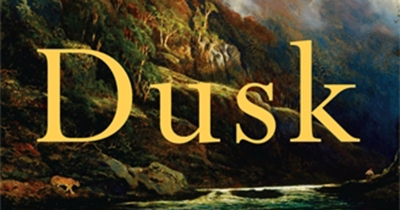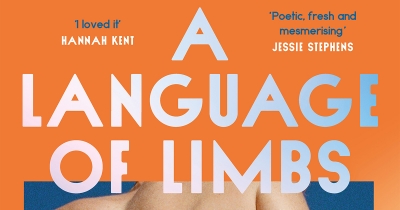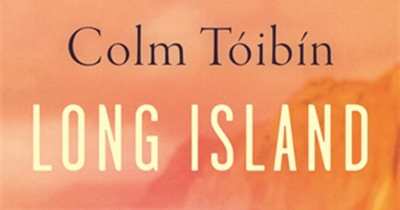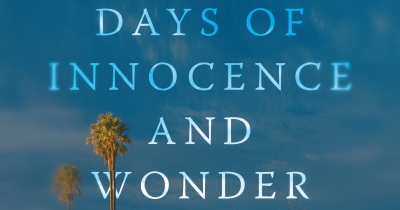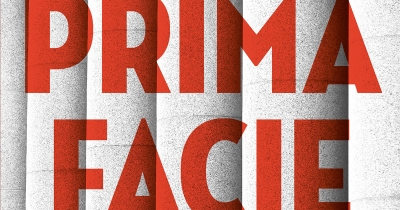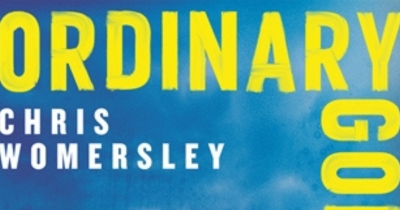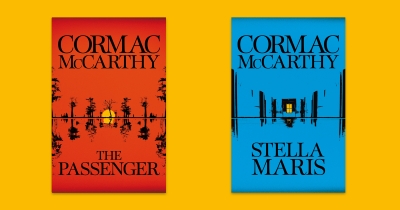Enniscorthy, a town in County Wexford, was Colm Tóibín’s birthplace in 1955. His father was a schoolteacher and local historian. Martin Tóibín died young, when Colm was twelve, an early loss explored in Tóibín’s novel Nora Webster (2014), in which the eponymous widow’s son Donal is likewise twelve and a stammerer. In 2009, Tóibín published Brooklyn, which moves between Enniscorthy and New York City. The very modesty of Tóibín’s middle-class settings and characters – their constrained lives, village absorptions, small defeats – could not obscure Tóibín’s subtle artistry or his forensic interest in psychology, especially that of his women, many of whom are so complex, so contradictory, as to make the male characters seem extraneous, unimaginative, stolid.
...
(read more)

